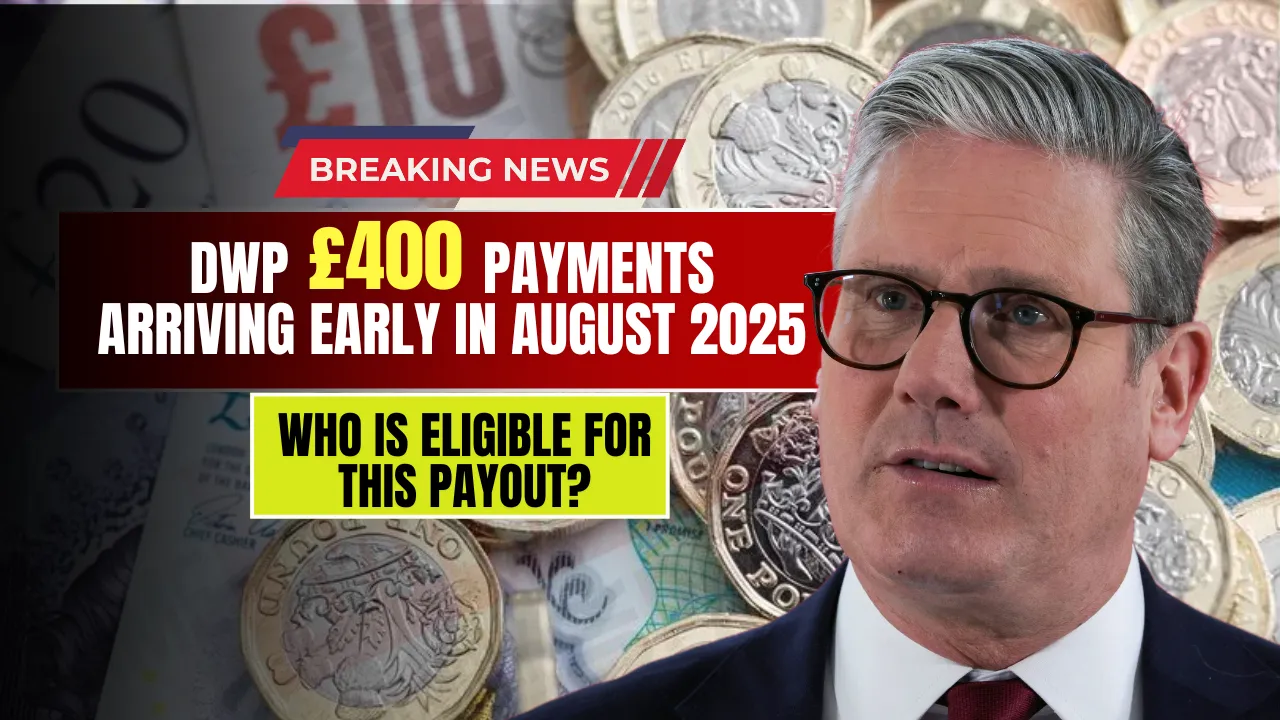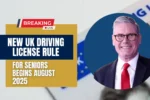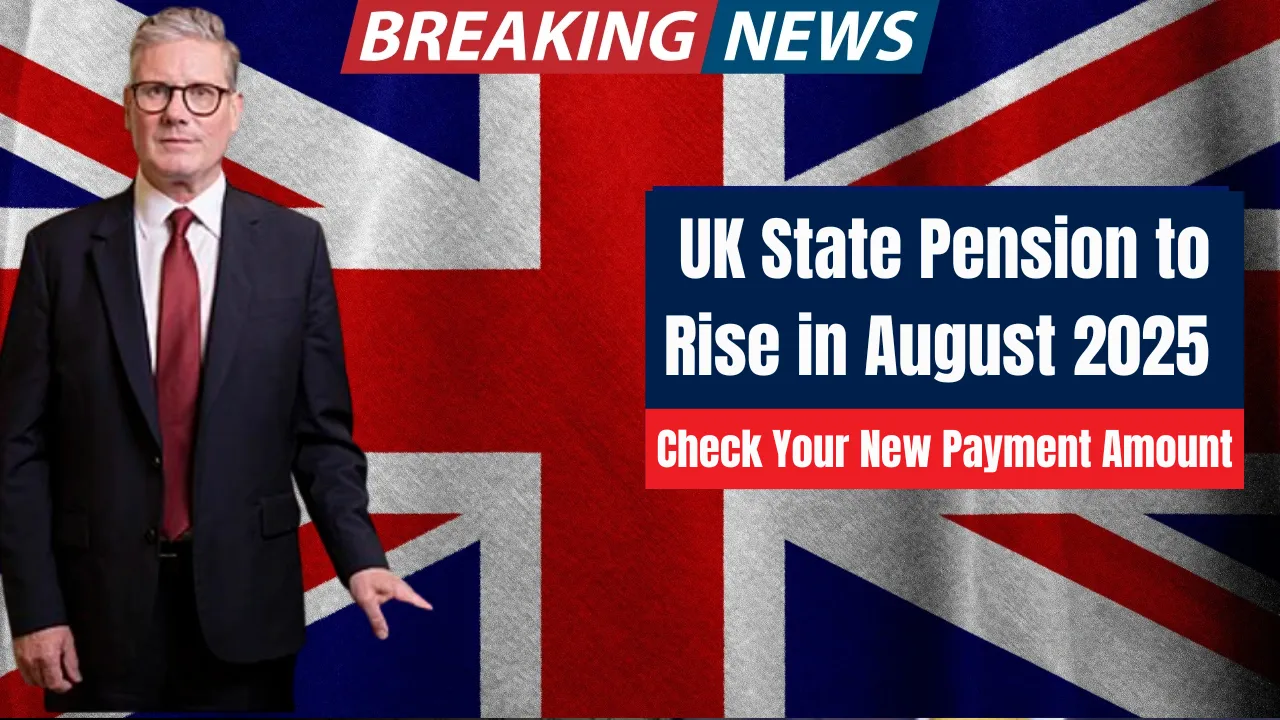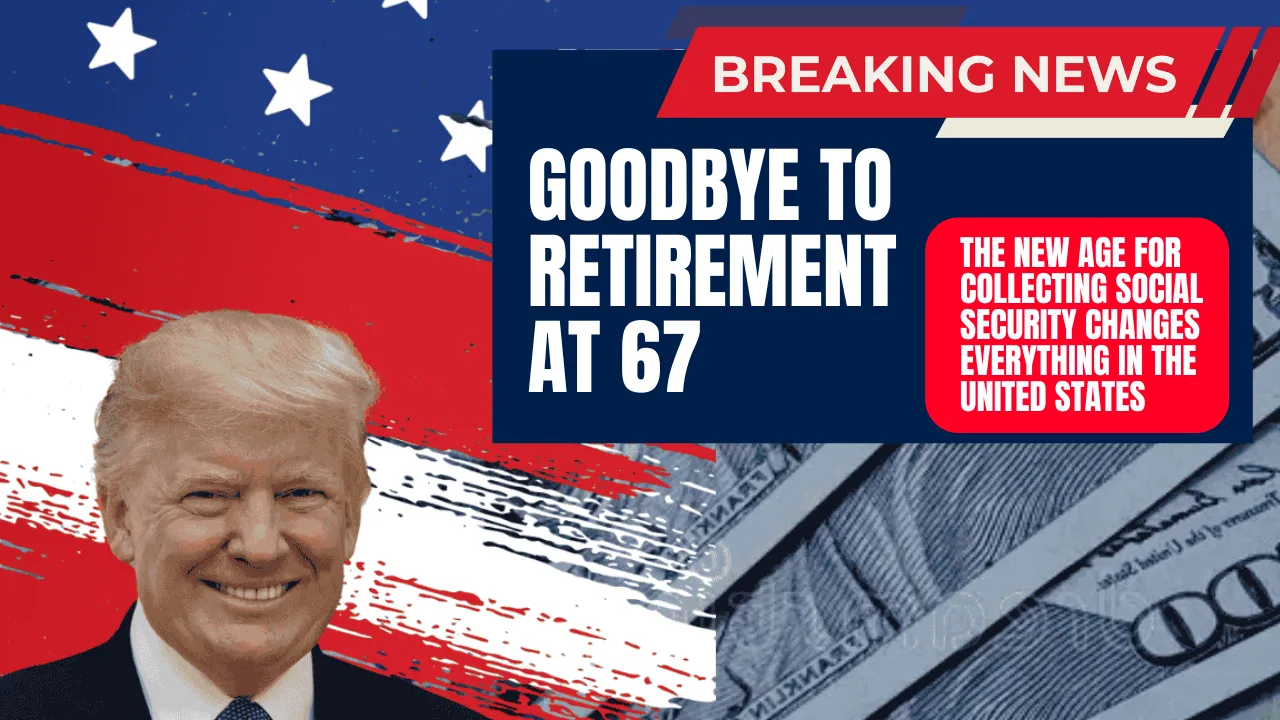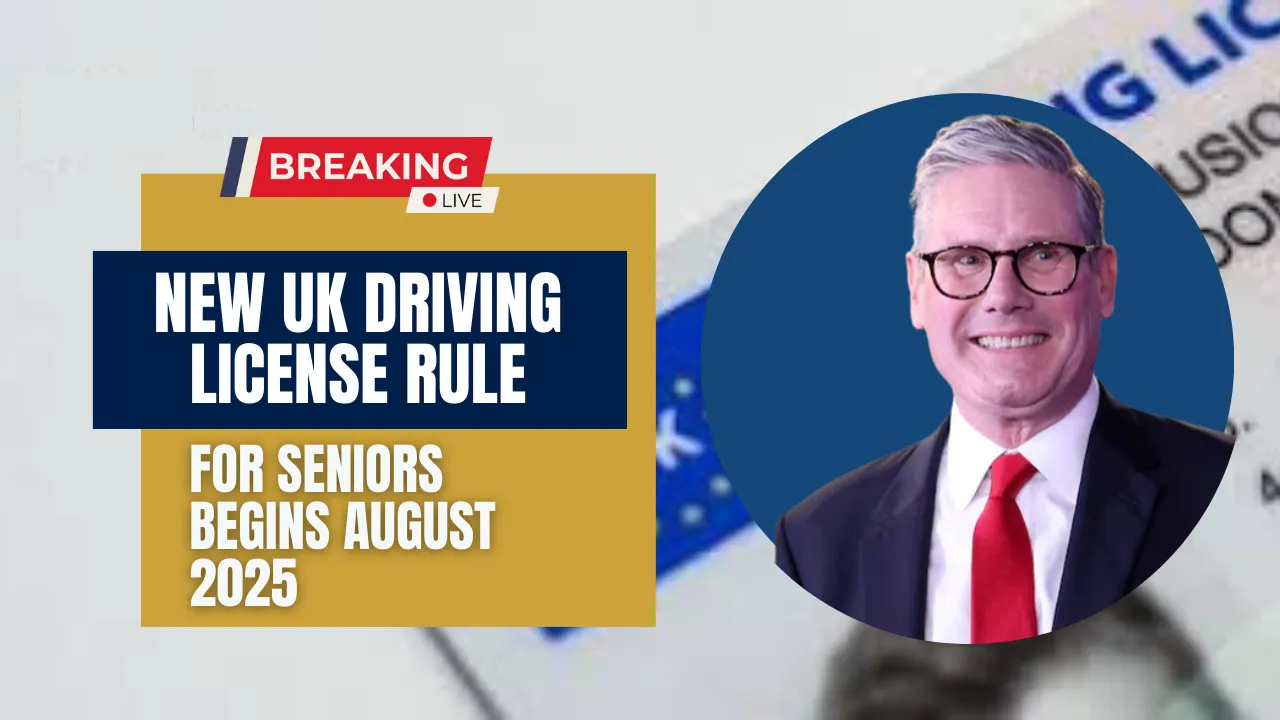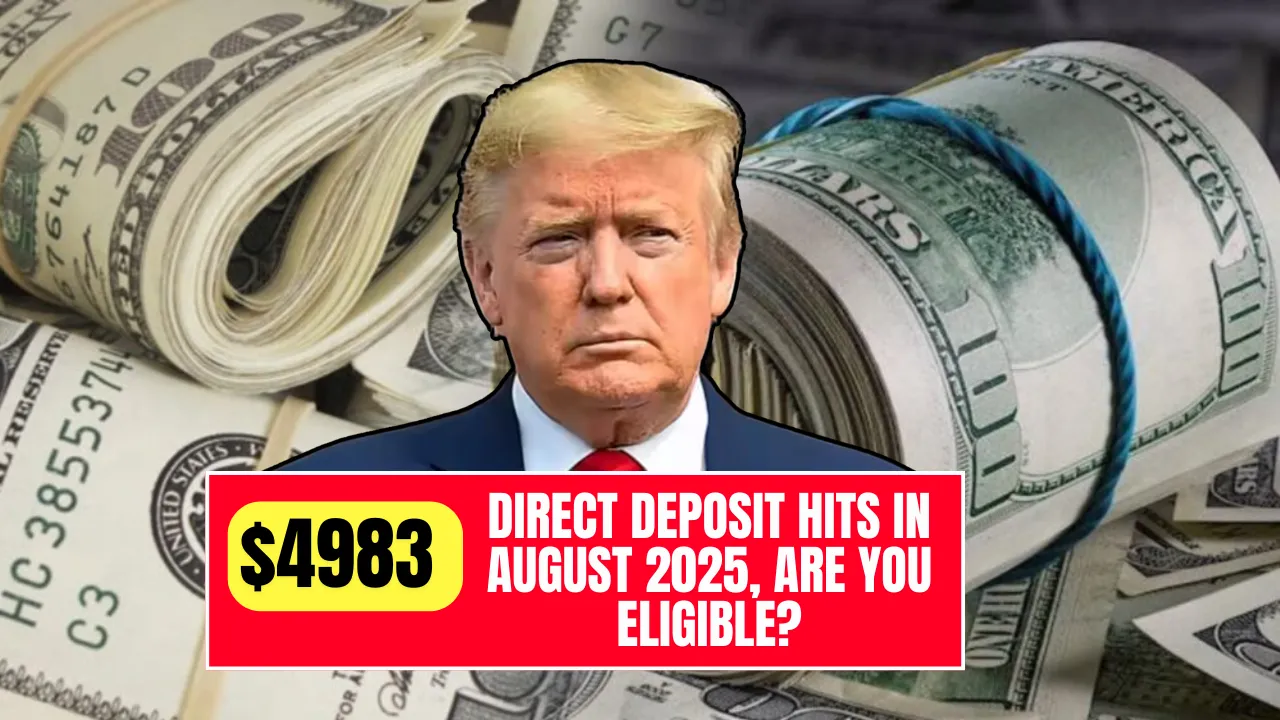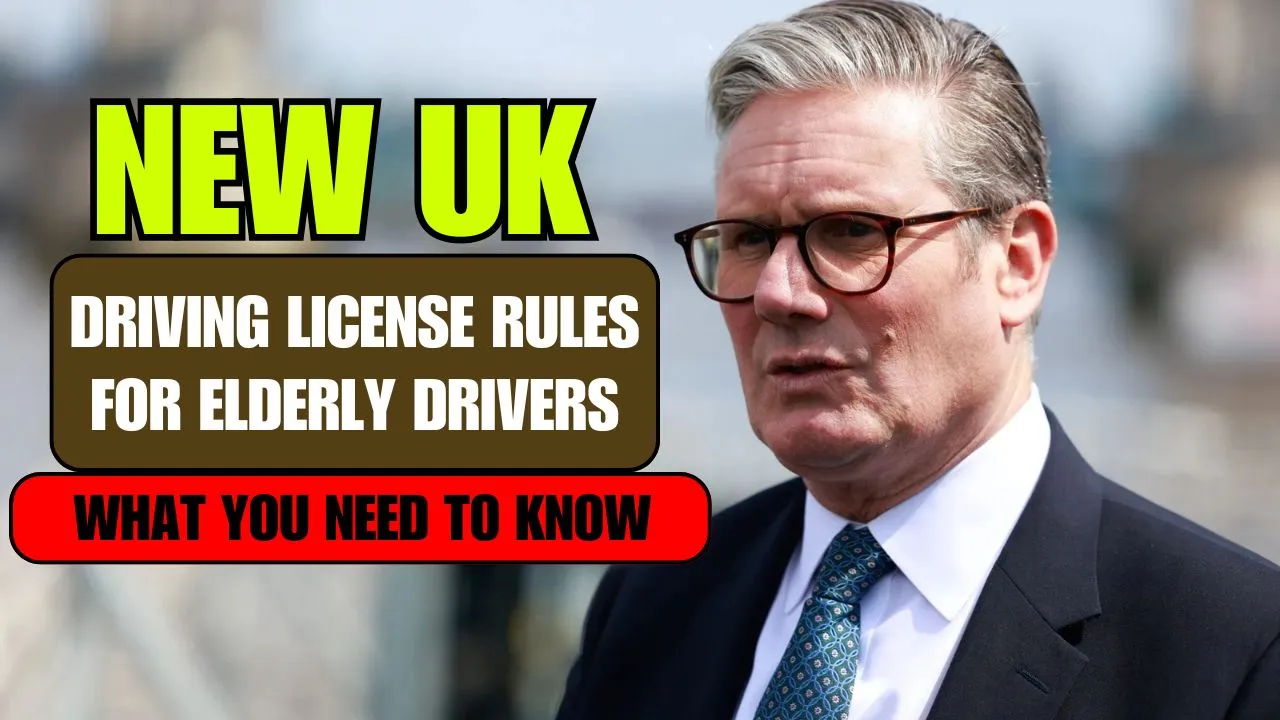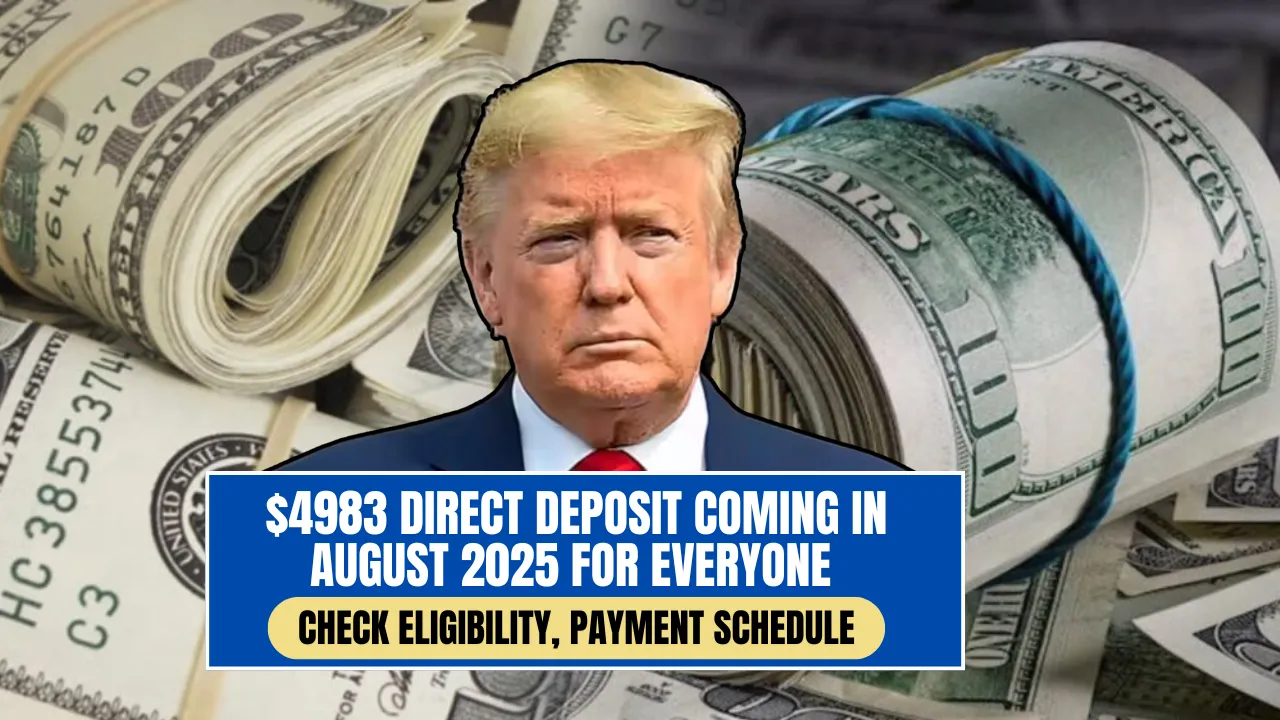If you’ve been keeping an eye on the latest government support updates, you’ve probably heard about the DWP £400 Payments 2025. With living costs still climbing in the UK, this payment is arriving earlier than expected, and it could be a real lifeline for many households. Whether it’s your energy bill, rent, or even the weekly food shop, an extra £400 can take a big chunk out of the month’s expenses.
The DWP £400 Payments 2025 are designed for people already receiving certain benefits, meaning you won’t have to jump through hoops to apply if you’re eligible. But there’s more to it than just the date and amount — let’s break down exactly who qualifies, when it’s coming, and how it fits into the bigger picture of cost-of-living support this year.
DWP £400 Payments 2025 – Everything You Need to Know
The Department for Work and Pensions is rolling out this one-time £400 payment to help low-income households tackle rising expenses in 2025. Unlike other forms of assistance that require applications, this one is automatic if you meet the eligibility criteria. The money is scheduled to hit bank accounts between 15 and 25 August 2025, making it an early boost before the usual payment cycle.
This scheme covers people on means-tested benefits such as Universal Credit, Pension Credit, Income Support, Employment and Support Allowance (ESA), and Jobseeker’s Allowance (JSA). If you’ve recently applied and your claim is approved before August, you could still get it. This payment isn’t just about covering bills — it’s about giving households breathing room in a year where every pound counts.
Overview Table – DWP £400 Payments 2025
| Details | Information |
| Payment Amount | £400 one-time payment |
| Payment Month | August 2025 |
| Early Payment Window | Between 15–25 August 2025 |
| Eligibility | Must be receiving qualifying DWP benefits |
| Qualifying Benefits | Universal Credit, Pension Credit, Income Support, ESA, JSA, certain Tax Credits |
| Application Needed? | No – automatic for eligible recipients |
| Purpose | Help with cost of living, utility bills, rent, food, and healthcare |
| DWP Contact | Helpline: 0800 328 5644 |
| Official Website | gov.uk |
DWP £400 Payment – What is this scheme?
The DWP is the UK’s primary agency for distributing pensions, welfare, and cost-of-living support. In August 2025, they’re offering this one-off £400 payment to ease the burden on households facing inflated costs for essentials like food, energy, and housing. The payment mirrors previous cost-of-living support schemes, but with a key difference — it’s arriving early to help with seasonal expenses, from back-to-school costs to higher summer energy bills.
Who will be eligible for this £400 payment?
To get this payment, you must be receiving one of the DWP’s qualifying benefits. That includes:
- Universal Credit
- Pension Credit
- Income Support
- Income-related ESA
- Income-based JSA
- Certain Tax Credits
You also need to be living in the UK, have a valid National Insurance number, and be actively receiving your benefits in August 2025. If you’re newly approved for one of these benefits before the payment date, you could still qualify.
Expected payment dates – when will this money come?
The DWP will begin distributing the payments from mid-August, with most people receiving the funds between 15 and 25 August 2025. This timing is intentional — it ensures households have the money before peak seasonal expenses hit. Payments will go directly into the same bank account where you normally receive your benefits, so there’s no need for a separate claim or new banking details.
Why is this £400 amount important?
In 2025, costs for essentials are still well above pre-inflation levels. A one-off £400 boost might cover:
- A month’s rent contribution or council tax bill
- Electricity or gas charges during high-usage months
- Groceries and household items
- School uniforms and supplies
- Medical costs or transport fares
While it’s not a long-term fix, it’s a crucial safety net for those feeling the squeeze.
Application process – what to do?
Already getting benefits from the DWP? Good news — there’s nothing you need to do. The payment will be sent to you automatically.
If you’re not yet receiving benefits but think you’re eligible, follow these steps:
- Go to the official DWP site (gov.uk).
- Select the benefit you believe you qualify for.
- Fill in the online application form.
- Upload required documents like ID, proof of residence, and proof of income.
- Submit your application and keep your reference number.
If approved before August, you could receive the payment within the early distribution window.
Where to turn for support?
If your payment doesn’t arrive, contact the DWP directly at 0800 328 5644 or visit your local Jobcentre Plus. Citizens Advice can also guide you on eligibility or claim issues. Always confirm information through official channels to avoid misinformation.
Be careful — avoid fraud
Scammers often target people expecting government payments. Protect yourself by remembering:
- The DWP will never call to ask for your bank details.
- Payments are only made if you’re already confirmed as eligible.
- Always use official websites or contact numbers.
Conclusion
The DWP £400 Payments 2025 scheme is more than just a cash boost — it’s a timely intervention for households facing relentless cost pressures. Arriving early in August, it’s meant to lighten the load and provide immediate relief without extra paperwork for those already receiving benefits. If you’re not yet on a qualifying scheme but think you might be eligible, now’s the time to apply so you don’t miss out.
FAQs
Q1. What is the DWP £400 payment?
It’s a one-time financial support payment from the Department for Work and Pensions for low-income households in August 2025.
Q2. Who qualifies for the DWP £400 Payments 2025?
Anyone receiving benefits like Universal Credit, Pension Credit, Income Support, ESA, JSA, or certain Tax Credits during August 2025.
Q3. Do I need to apply for the £400 payment?
No, if you’re already eligible, the payment will be automatic.
Q4. Why is the payment arriving early this year?
To help households manage seasonal expenses such as higher utility bills and back-to-school costs.
Q5. What should I do if I don’t receive my payment?
Contact the DWP helpline or visit your local Jobcentre Plus to resolve the issue.
